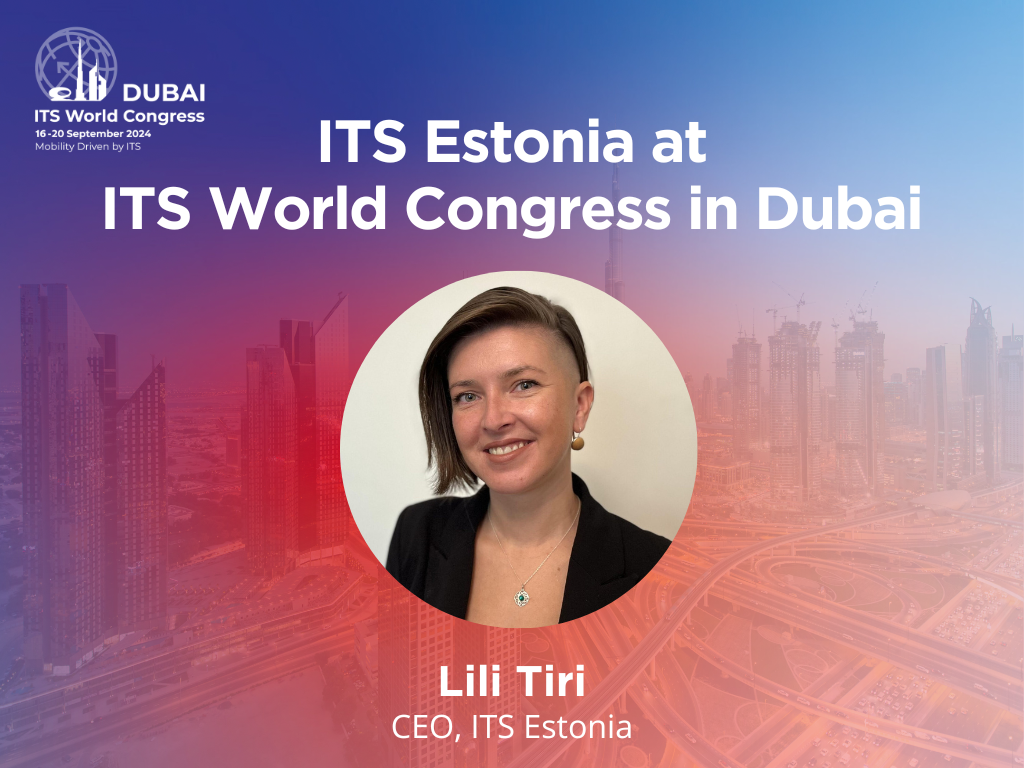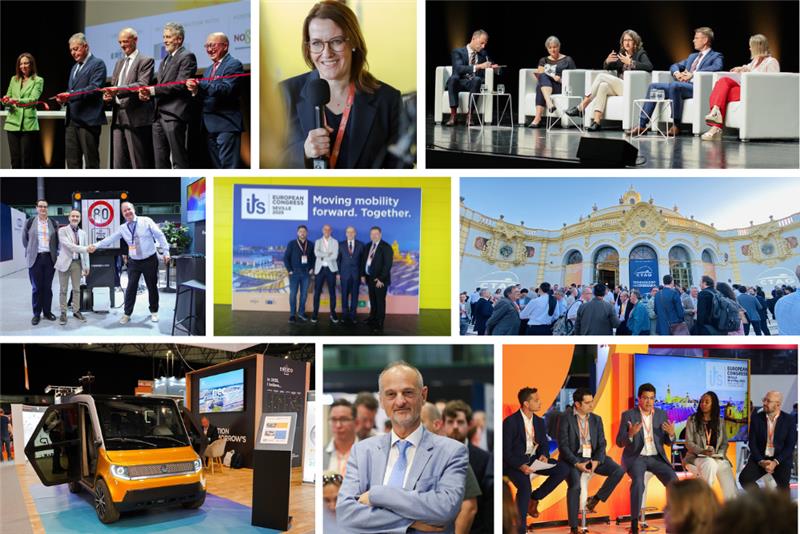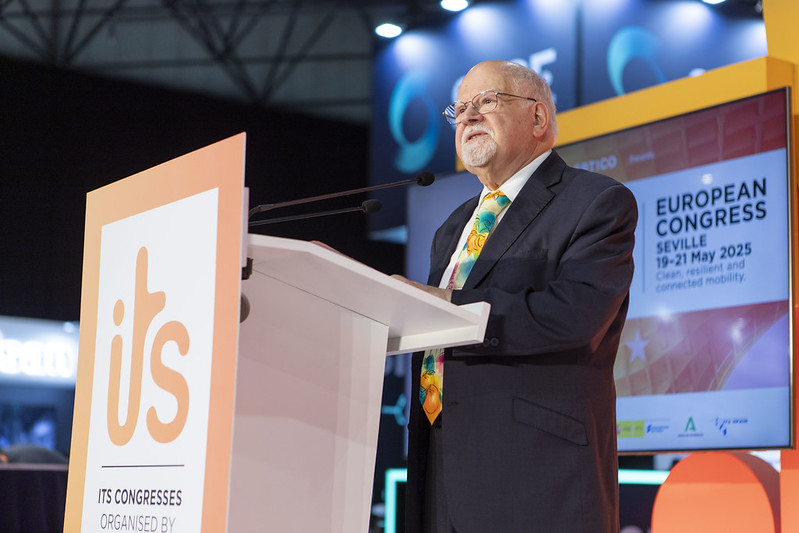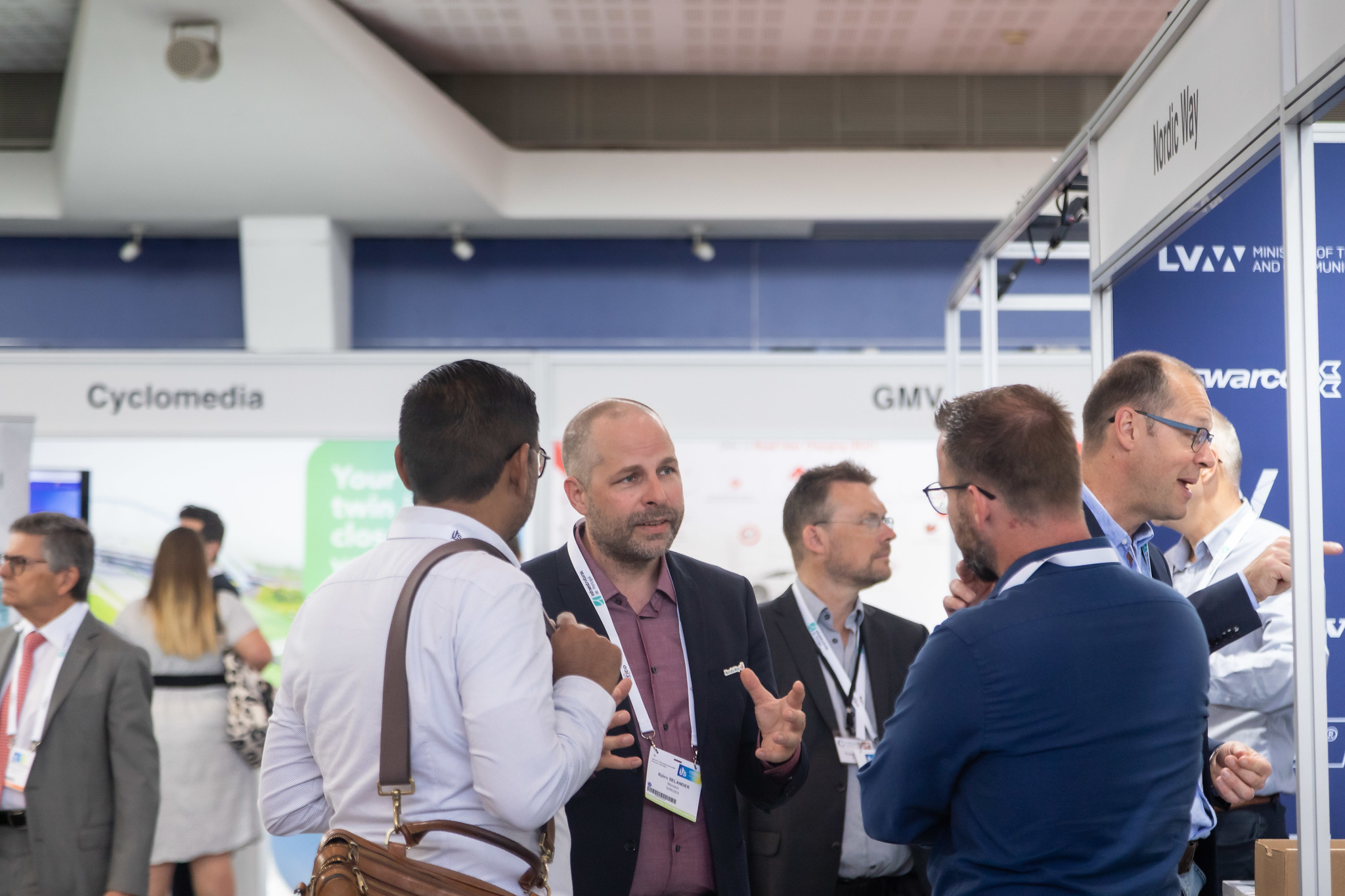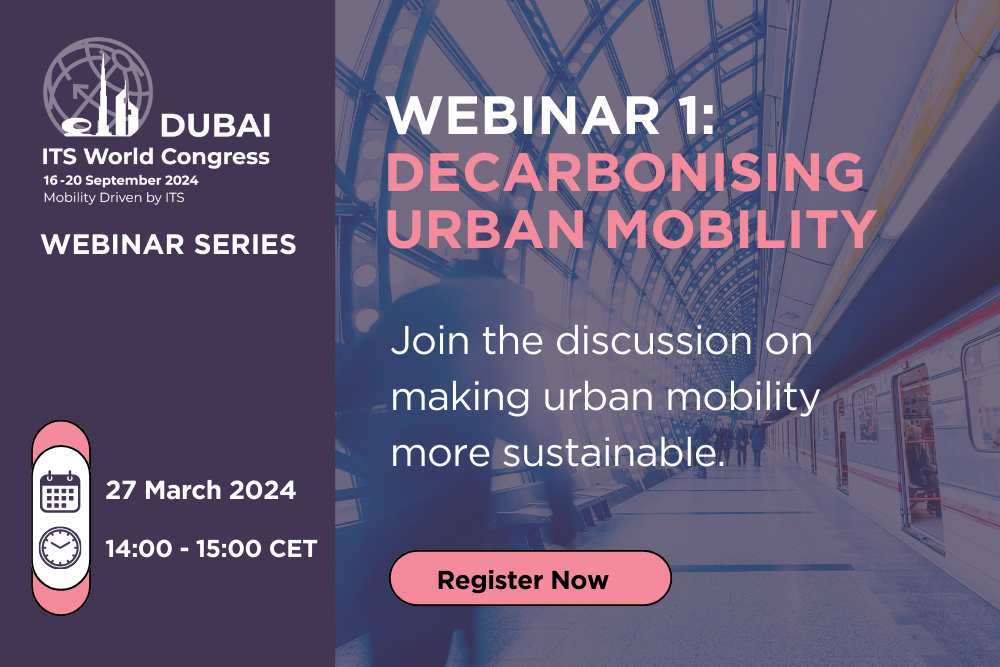Join us as we catch up with Lili Tiri, CEO of ITS- Estonia, and explore her expectations for the upcoming ITS World Congress in Dubai. Discover how Estonia aims to highlight its innovative solutions, foster international collaboration, and make a mark in the vibrant landscape of ITS and smart mobility.
- What are your expectations about the ITS World Congress in Dubai? What are you looking forward to the most?
It is important for ITS Estonia to stand out at the congress and increase awareness of Estonian solutions and solution providers. We are looking forward to meeting face-to-face with people who are interested in solutions created by our companies or investing in their solutions to create contacts for cooperation. Also, it is important to promote ITS Estonia as a brand through which it is possible to contact Estonian ITS members. The main goal is to offer Estonian companies the opportunity to explore the possibilities of the local market.
With our members, we want to see in which direction the ITS field is moving in this region and to get inspiration from Dubai. Since this region is of interest to our companies, their desire is to present their solutions and find opportunities for product development. It is said all over the world that the development of the ITS field is necessary, but it is especially in this region where we see a jump in development resulting from real investments.
- What are the top three reasons for ITS Estonia wanting to have a stand in the exhibition area?
- Increase awareness about innovative and sustainable ITS and smart mobility solutions from Estonia.
- Provide a platform for Estonian companies to explore new business opportunities and generate qualified leads.
- Promote the brand of ITS Estonia as a collaboration partner and one-stop shop for reaching ITS solution providers in Estonia.
- What new elements from Estonian industry that we will see in Dubai?
Estonia will present its entrepreneurs who have created smart solutions for public transport, autonomous vehicles for both passenger transport and package delivery and several other new smart city solutions. Estonia is the only country that has managed to put all its public services online 24/7, so you can expect an exciting display.
- What do you believe are the biggest challenges for Estonia in terms of transport and mobility currently? Are these likely to change in the next 5–10 years?
Getting cars out of cities has become an international focus and Estonia is no exception. Narrow policies do not seem to be effective – there is no ‘silver bullet’ solution. The most successful cities typically combine a few different policy instruments, including both ‘carrots’ that encourage more sustainable travel choices, and ‘sticks’ that charge for or restrict driving and parking.
Estonia is a small country where rapid urbanisation has taken place in the last decades. In an increasingly urban environment, it has become necessary to change the status quo where people prefer using private cars rather than public transport, cycling or walking. To reduce the use of cars, light traffic roads are constantly being improved, several solutions have been put into use to make the use of public transport more convenient, and there are several products on the market that can be used to travel the so-called last kilometer (electric bikes and scooters).
Estonia also has an aging society, and as a result, we are already thinking about how to solve the situation where there is a shortage of drivers of shared vehicles. We see the solution in autonomous vehicles, and they already exist on the streets today. Legislation and design requirements need to be supplemented to ensure smart roads throughout the country that are compatible with smart mobility solutions that already exist and are being created.
In addition to urbanisation, public transport in peripheral areas is also a problem because cost-effective public transport presents challenges to the state and local governments. We see demand-based transport as a solution, which has already been piloted in Estonia and can be implemented in the coming years. Among other challenges, the lack of rail connections to the rest of the EU still prevails. This will improve due to the EU co-funded Rail Baltica project.
- What are some of the biggest opportunities in ITS that Estonia is looking to exploit in the short or medium term?
The key factors would be the speed and flexibility resulting from the small size of Estonia. In Estonia, it is possible to quickly move from testing in a closed territory to an urban environment, which is why last-kilometer solutions and autonomous vehicles have developed rapidly.
In the broader context of ITS, Estonia aims to leverage regional ITS cooperation networks as well as capitalise on the increasing focus on automation and personalisation of the intelligent transportation systems.
In conclusion, the interview with CEO Lili Tiri has provided a roadmap for Estonia’s aspirations in the dynamic field of intelligent transportation. Her insights offer a glimpse into the country’s dedication to overcoming challenges, embracing innovation, and steering towards a sustainable and smart mobility landscape.
As we look forward to the ITS World Congress in Dubai, we extend an exclusive invitation to all the organisations keen on elevating their brand, showcasing their innovations, and leveraging business opportunities. The road to the future awaits, and we want you in the driver’s seat.
Become an exhibitor: https://itseuropeancongress.com.9poj2dqhjv-95m321ned4rv.p.temp-site.link.9poj2dqhjv-95m321ned4rv.p.temp-site.link/be-a-part-of-the-exhibition/
Never miss an update: https://itseuropeancongress.com.9poj2dqhjv-95m321ned4rv.p.temp-site.link.9poj2dqhjv-95m321ned4rv.p.temp-site.link/subscribe/
